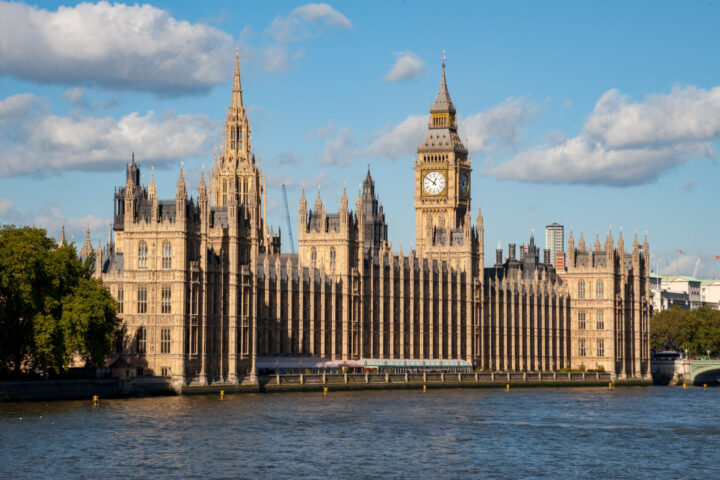The public believe the basic rate of universal credit (UC) for people who are unemployed should be just over half a full-time minimum wage salary (officially called the “national living wage”), according to new polling released today by the New Economics Foundation (NEF). This is more than double the actual current basic rate of UC.
On average, respondents thought that the actual amount unemployed people currently receive to cover day-to-day costs (not including housing) is 48% of a full-time minimum wage salary, and that it should be 53%.
However, the current basic rate of UC (the main benefit for people who are unemployed) is £91 a week for a single person over 25, just 23% of the £400 someone would be paid for working 35 hours on the minimum wage.
This means that, on average, people think that the basic rate of UC for those out of work is more than double what it really is compared to a full-time minimum wage salary, but believe that it should be a further 5 percentage points higher than that level.
When the minimum wage was introduced 25 years ago in 1999, unemployment benefits were worth 40% of a full-time minimum wage salary, but this has atrophied since to just 23% now. The minimum wage has seen welcome substantial real-terms increases during this period, whereas benefits have, at most, only risen in line with inflation.
Tom Pollard, head of social policy at NEF, said: “The cost of living is the biggest concern for voters at this election campaign, but too often these debates fail to represent the reality of the lives of people getting by on the lowest incomes.
“When benefits are discussed, the public often come away with the impression that people receive much more financial support than they really do. This is partly because benefit rates are not pegged to a meaningful assessment of how much is needed to make ends meet, as the New Economics Foundation has been calling for.
“This polling shows that, when given a tangible and relatable benchmark of a minimum wage salary to compare to, most people hugely overestimate the current value of unemployment benefits but are still in favour of them being increased.”
The polling found that, regardless of voting intention at the general election, respondents all supported a much higher rate of unemployment benefit compared to the reality.
Labour supporters on average felt the basic rate of UC should be 57% of a full-time minimum wage salary, while Liberal Democrat supporters said 56% and Conservative supporters 46%.

















